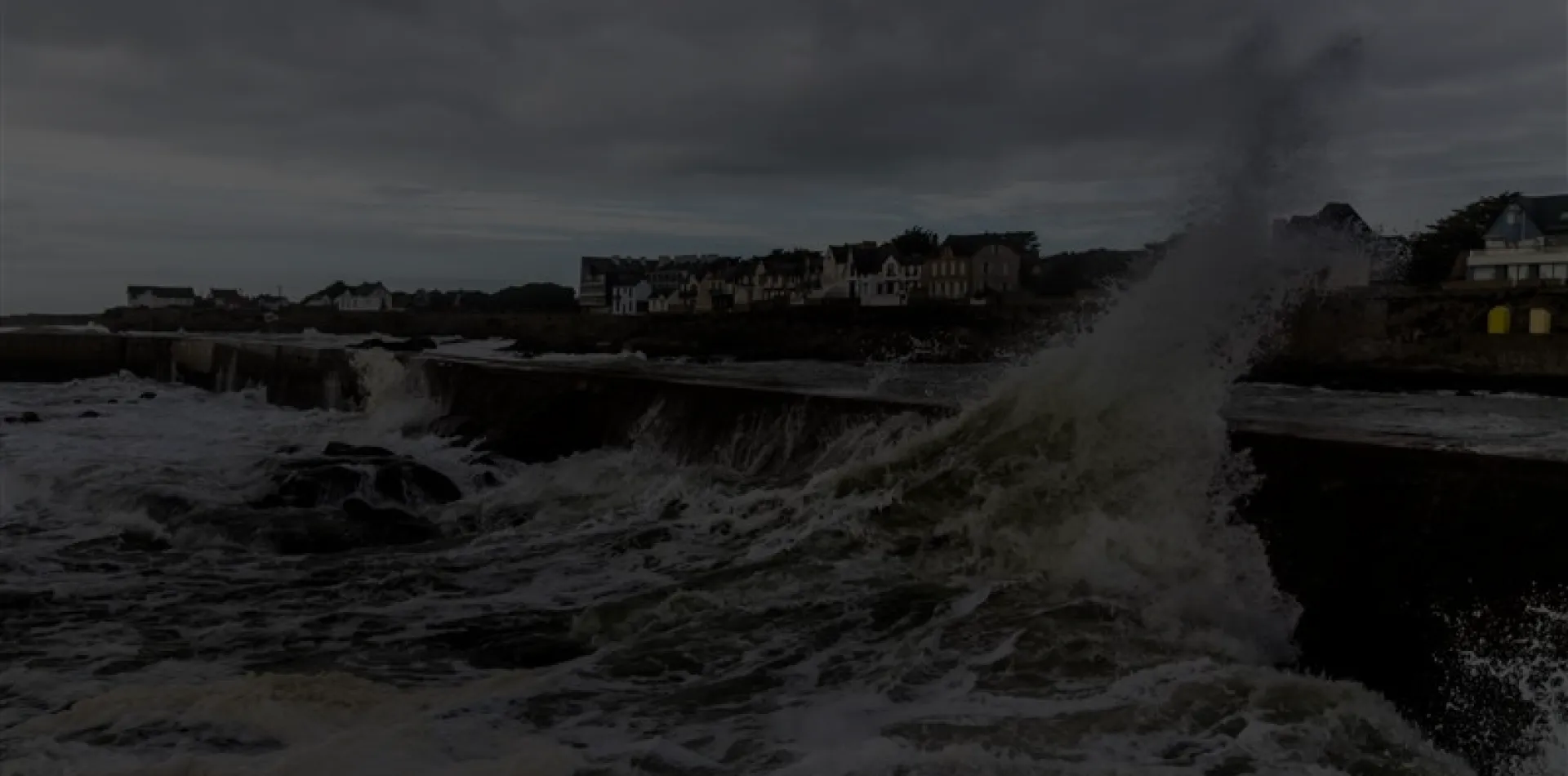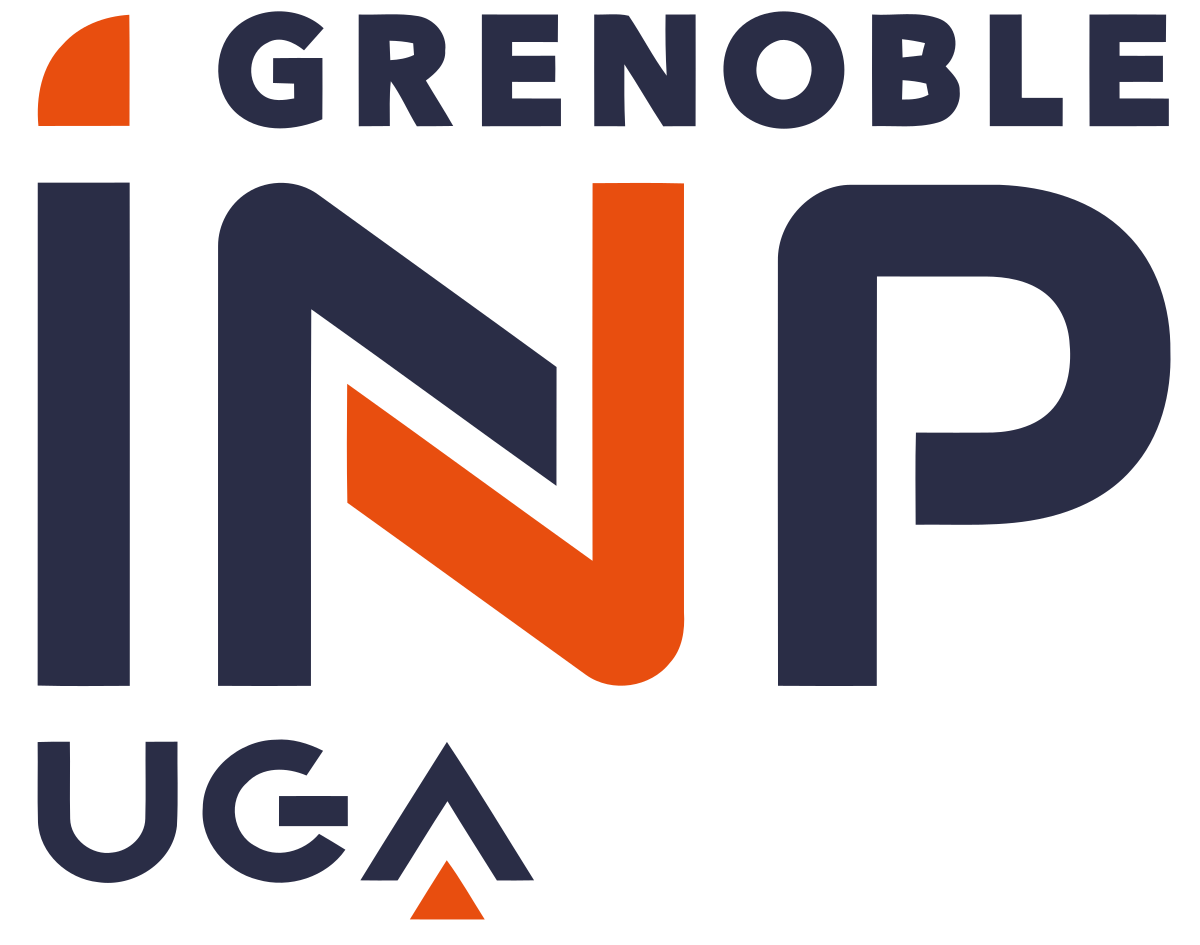Actualités
Enjeux
La France possède une solide reconnaissance à l’international dans le domaine des risques : les équipes françaises travaillent avec les acteurs majeurs du domaine, participent activement à des associations ou sociétés savantes, et sont impliquées au sein d’infrastructures de recherche et d’observatoires internationaux. Toutefois, la forte dissémination territoriale et le travail en silos disciplinaires des équipes de recherche ne favorisent pas toujours la lisibilité, au niveau international, de l’effort de recherche français en sciences des risques.
Il y a un enjeu à renforcer d’une part la mise en réseaux à l’échelle internationale pour développer le partage de connaissances et la mise en place d’études comparatives ; et d’autre part, la place de la France en sciences des risques au sein d’organisations intergouvernementales et de réseaux internationaux d’instituts (UNDRR, UNESCO, Belmont Forum, Future Earth, etc.) pour améliorer la lisibilité de la recherche française dans ce domaine. Le développement de l’attractivité internationale des écoles doctorales impliquées les sciences des risques est également un enjeu important du projet INTERRISK.
Objectifs
Le projet INTERRISK s’inscrit dans les objectifs du programme de recherche Risques (IRiMa) visant à construire une science pluridisciplinaire des risques dans une approche holistique, reconnue et attractive à l’international, en particulier au niveau européen. Il vise à :
- Proposer une offre de formation par la recherche interdisciplinaire en sciences des risques, ouverte à l’international ;
- Favoriser l’insertion des doctorants par la mobilité internationale ;
- Accroître l’impact et la visibilité internationale du programme Risques ;
- Accompagner les équipes du PEPR Risques (IRiMa) dans la construction de partenariats durables.
Il s’agit de favoriser l’interdisciplinarité à travers le partage de connaissances et de bonnes pratiques entre les jeunes chercheurs (doctorants et post-doctorants), ainsi qu’entre les équipes du PEPR Risques (IRiMa) et des équipes européennes partageant les mêmes intérêts scientifiques, et faisant face à des enjeux sociétaux similaires en matière de gestion des risques.

Chiffres clés
-
7.00ans
-
6.00écoles de recherche
-
1.00réseau d'écoles doctorales
-
6.00thèses
Dispositifs
Plusieurs actions seront mises en œuvre tout au long des sept années du projet pour répondre à ces objectifs :
1. Un programme doctoral international, incluant :
- Un réseau des écoles doctorales en sciences des risques, instance informelle d’échanges et de préconisations visant à mener une réflexion sur l’évolution de l’offre de formation en sciences des risques (master et doctorat), en tenant compte des enjeux de l’interdisciplinarité et de l’insertion des jeunes chercheurs du domaine.
- Une école de recherche annuelle en sciences des risques pour former des doctorants, post-doctorants, et partenaires socio-économiques et scientifiques des universités et laboratoires européens et non-européens, à travers des séminaires et séquences pratiques en laboratoire. Un appel à organiser ces écoles sera publié chaque année.
- Un club des jeunes chercheurs (Risk Club) ouvert à l’ensemble des doctorants et post-doctorants recrutés dans le cadre du PEPR Risques, afin de fédérer et d’animer cette communauté, de favoriser les échanges sur les différentes approches disciplinaires de la recherche en sciences des risques, ou encore de partager des ressources et contacts.
- Le co-financement de 6 thèses en cotutelle avec des partenaires européens stratégiques du Programme Risques, afin de renforcer ou développer des partenariats privilégiés au sein du PEPR Risques autour d’études comparatives par exemple.
2. Le soutien à la mobilité
Il s’agit de soutenir la mobilité de jeunes chercheurs (doctorants recrutés par le Programme de recherche Risques) au sein de laboratoires européens partenaires pour des séjours de 3 à 6 mois, et l’accueil en France de chercheurs séniors dans le cadre de séjours de 3 mois maximum. Un appel à projets de mobilité est prévu chaque année.
3. Le financement de missions d’études et de promotion du PEPR Risques au niveau européen
Ainsi que le soutien aux montages de nouveaux partenariats (à travers la réponse à des appels à projets du programme Horizon par exemple), afin d’accroître la visibilité et l’impact à l’international de la communauté de la science des risques.
Le projet vise également à contribuer à la constitution de réseaux internationaux, en privilégiant notamment le dispositif de réseaux proposé par l’UE (Actions Marie Sklodowska-Curie, pour soutenir les chercheurs du PEPR Risques. Un réseau d’échanges avec des masters européens sera également mis en place en vue d’attirer des étudiants issus de ces masters.
Coordinateur
Didier GEORGES, Professor at Grenoble INP-UGA.
Il enseigne à Grenoble INP-ENSE3 et Grenoble INP-PHELMA et mène des recherches au sein de l'équipe Infinity du GIPSA-lab (UMR 5216). Ses recherches en ingénierie et en sciences de l'information portent sur l'architecture optimale des systèmes d'observation/diagnostic (placement optimal des capteurs et observation) et le contrôle des systèmes complexes.
Didier Georges a été directeur adjoint du GIPSA-lab de 2007 à 2009 et a occupé le poste de directeur du collège doctoral de l'UGA (3 700 doctorants répartis dans 14 écoles doctorales) de 2014 à 2016. Il a également dirigé le projet transdisciplinaire CDP RISK, qui a réuni plus de 100 chercheurs issus d'une quinzaine de laboratoires grenoblois, autour des thèmes du risque et de la résilience. Il a initié la filière interdisciplinaire RISK à l'École doctorale GS@UGA. Depuis 2022, il est codirecteur du PEPR Risques aux côtés de Soraya Boudia et Gilles Grandjean.







